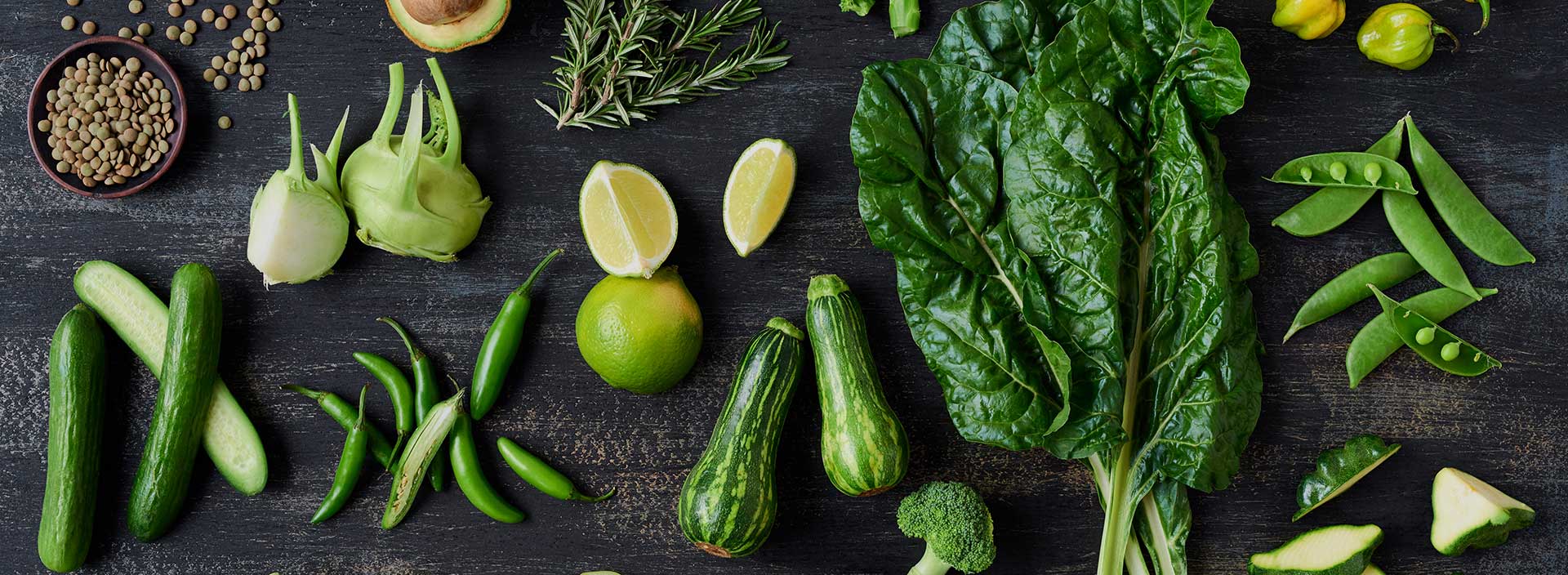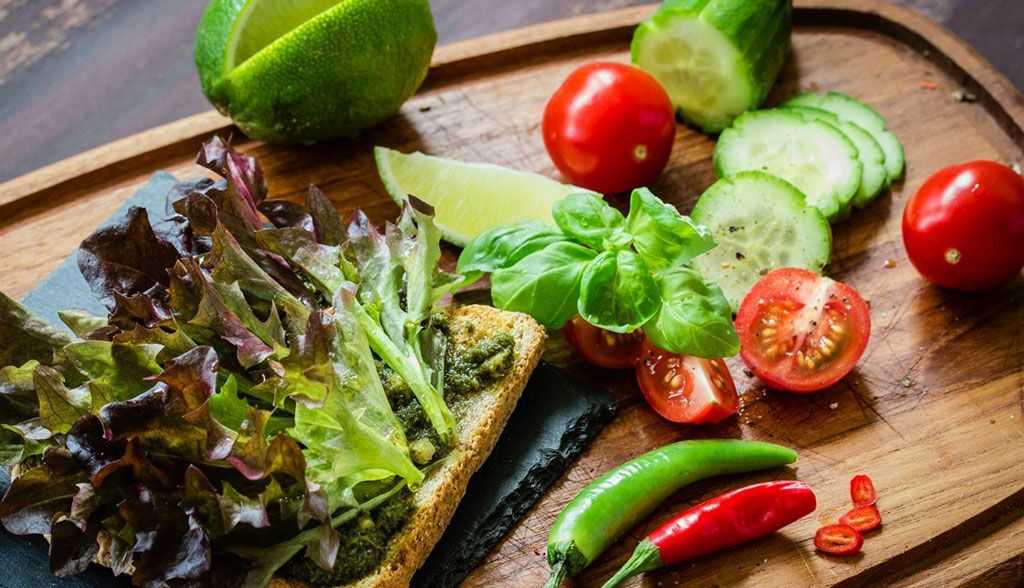

With the increasing interest in vegan lifestyle, the need to prove whether a product contains any animal product has become more important than ever. According to the results of a study conducted in the UK, the number of vegans quadrupled between 2014 and 2019.

Vegan food orders increased by 400 percent during this period, becoming the fastest growing takeaway choice in the country. All this suggests that veganism is more than just a fad and is permanent.
In fact, although veganism is associated with diet, it is a complete lifestyle choice. Vegans do not eat meat, including fish, shellfish, and insects. However, it does not use dairy products and avoids animal foods such as eggs and honey. Even avoiding animal sourced products, products tested on animals, and places that use animals for recreation. In contrast, vegetarians do not only consume fish, shellfish and meat products including insects. So it's not as strict as vegans. This is the biggest difference between vegans and vegetarians.
While vegans do not generally use clothing made of leather, products made from wool, silk and feathers, vegetarians do not go that far. Vegetarians do not eat meat, fish or poultry, but consume cheese, eggs, yogurt or milk.
There are many reasons to be a vegetarian, and so there are many different behaviors in themselves. Some of them stop eating meat purely for health reasons. Some of them consume dairy products, but do not eat eggs due to a potential death. Some of them do not consume dairy products but eat eggs. Essentially, factors such as individual beliefs and health determine which type of vegetarian to be.
Vegans and vegetarians believe that world hunger will decrease if pastures are used to produce soil crops instead of livestock.
According to researches, people generally become vegan or vegetarian to protect their health. It has been determined that a vegetarian diet is much healthier than a diet containing meat. Reducing meat consumption in daily life reduces the risk of many chronic diseases and some types of cancer.
Vegetarian certification is a special certification program developed for vegan and vegetarian food producing companies. This certification program aims to provide confidence to the end consumer in:
In recent years, in line with the growth of meat-free food sales and the vegetarian market, vegan and vegetarian symbols have been used on food packaging.
started to proliferate. Various non-profit vegan and vegetarian organizations promote these icons for display on packaged food products and restaurants. In addition to these organizations, some large companies also develop vegan and vegetarian icons for their products.
Various nonprofit organizations raise people's awareness of how veganism or vegetarianism is linked to animal rights, welfare, environmentalism, human rights and human health. In addition, their logos are used to capitalize on expanding markets for vegan and vegetarian packaged foods. All these nonprofits are very similar in that they see themselves as third-party certifiers.
These organizations do not have economic ties with organizations that want to be accredited and use their own criteria to accredit them, not the criteria used by organizations that want to be accredited. Because they see themselves as independent validators. Several large private firms today now use their own vegan and vegetarian symbols on their food products.
The European Vegetarian Union (EVU) adopted the European vegetarian label in 1985 and is licensed for use in many countries. National vegetarian groups manage this label in their own countries. Currently, the European Vegetarian Union label is mainly used in food products and restaurants in Europe, but this label is a vegetarian label, not a vegan label. Therefore, foods containing eggs and dairy products carry this label. However, eggs or egg products that are allowed to carry this label must not be from caged chickens. The only requirement for dairy products is that they do not contain animal enzymes. Food products bearing the EVU label should not contain animal by-products such as gelatin. The EVU logo is the most comprehensive of all icons.
Vegetarian products must have the correct label, and consumers must use these products safely, pass some tests and be certified by an accredited organization. EUROLAB is an accredited laboratory that provides vegetarian certification services and performs the necessary tests.
Companies applying for certification to EUROLAB must specify the ingredients of their food products and create a list of additives, similar to the applications required by other vegan or vegetarian food symbols. These lists should be prepared for certain ingredients in descending order by quantity. Companies should also specify whether the additives used are of animal origin or not. It should also declare each food product as vegan and different vegetarian groups.
Companies that receive EUROLAB certification as vegetarian must inform EUROLAB if they make content changes in approved food products.
In fact, food producing companies are certified in accordance with the standards published by the International Standards Organization (ISO) or follow Hazard Analysis and Critical Control Point (HACCP) guidelines that address food safety issues, including food contamination.
EUROLAB vegetarian certification is important in attracting the attention of vegans and vegetarians.
To get an appointment, to get more detailed information or to request an evaluation, you can ask us to fill in our form and reach you.